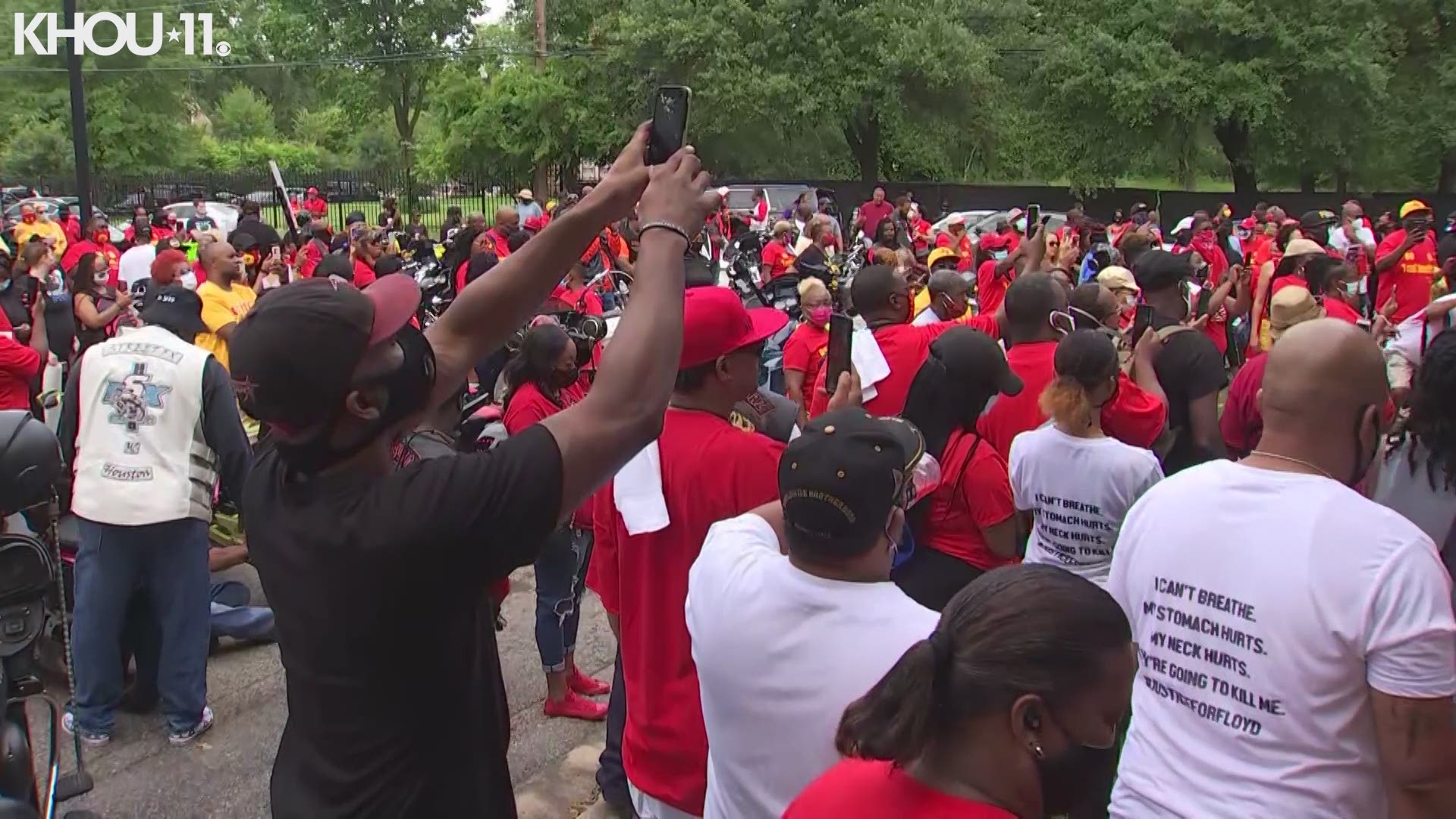SAN JUAN, PUERTO RICO — U.S. Treasury Secretary Jack Lew appeared to leave the door open to pension cuts as part of a comprehensive debt restructuring to help resolve Puerto Rico’s financial crisis.
After touring an elementary school and hospital that have suffered under Puerto Rico’s debt crisis, Lew told reporters Monday night that a debt-cutting solution must be fiscally sustainable.
“That doesn’t mean that all debt is equal. We’ve never said that pensions should be made senior to all debt,” he said. “But there does have to be a balancing — and at the end of the day you’re going to need to have a functioning economy.”
Puerto Rico — a U.S. territory with 3.5 million residents who are born as American citizens — has accumulated more than $70 billion in bond debt and more than $40 billion in unfunded pension liabilities, according to Treasury's recent estimate.
Although much of the discussion surrounding Puerto Rico’s debt has centered on traditional bonds, pension debt remains a significant millstone dragging down the island’s finances.
A fiscal oversight board should be formed and given “the discretion to make the trade-off decisions,” Lew said.
But, he added, “the efforts to try to protect any of the interests to the exclusion of all of the others are problematic.”
The island has defaulted on hundreds of millions in bond payments in recent months as the financial crisis endangers basic services such as hospitals and public safety.
In an interview several months ago with USA TODAY, Puerto Rico Gov. Alejandro Garcia Padilla ruled out pension cuts as a means to balancing the budget, saying it would be unconstitutional.
Some Republicans have pushed for pension adjustments as part of a restructuring package being considered by Congress, but many Democrats have largely opposed the concept, pushing instead for protections for union interests.
But Lew did not rule out reductions.
“There’s going to have to be a balancing of the interest of creditors and those who get retirement benefits and other bills that the commonwealth has to pay,” Lew said. “If the test is, creditors get paid 100% before anyone else gets paid anything, there’s not going to be a functioning Puerto Rico.”
A glimpse at other municipal debt crises offers a mixed outlook for Puerto Rico’s pensions.
In Detroit’s Chapter 9 bankruptcy, the largest municipal filing in U.S. history, retirees voted to accept cuts to their pensions and health care packages.
But in Stockton, Calif.’s case, the city opted to pay pensioners in full instead of fighting the California pension system for the right to reduce pensions in bankruptcy court.
Pensioners often have a political advantage over financial creditors in municipal debt crises because they are a more sympathetic group than seemingly faceless bondholders. In Detroit, for example, pensioners received a higher percentage on their claims than pension lenders.
Follow USA TODAY reporter Nathan Bomey on Twitter @NathanBomey.


